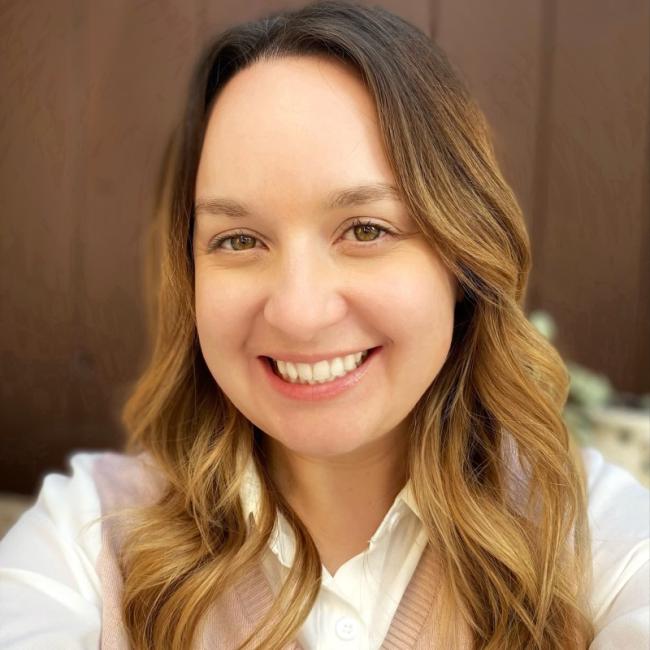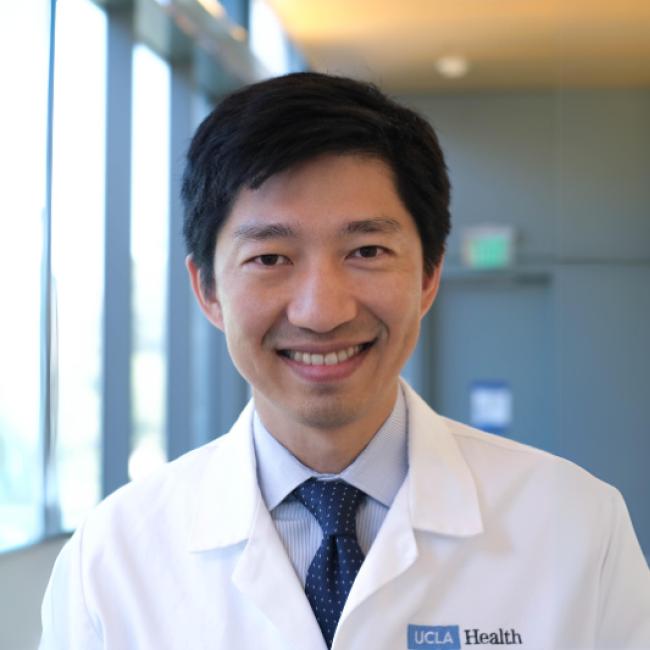
Physician-scientist receives NCI grant to advance cell-based cancer treatments
Dr. Christopher Seet, an assistant professor of hematology-oncology at the David Geffen School of Medicine at UCLA, has received a $2.9 million R37 MERIT Award from the National Cancer Institute to advance the development of innovative T cell therapies for cancer.
T cell therapies, a form of immunotherapy involving genetically engineered cells to target and destroy cancer cells, have shown significant promise for treating cancers that are resistant to traditional treatments. However, challenges remain in expanding their use to a broader range of cancer types and improving accessibility for patients.
The grant will support Dr. Seet’s research into the use of pluripotent stem cell (iPSC)-derived T cells, which can be engineered for enhanced tumor-fighting capabilities and mass-produced for widespread application. Seet and colleagues Dr. Yvonne Chen, professor of microbiology, immunology and molecular genetics; and Dr. Suwen Li, a postdoctoral fellow in hematology-oncology, aim to create more effective and durable therapies by targeting signaling pathways that limit T cells’ ability to persist and repeatedly attack tumors.
“This project represents a step toward the next generation of cell-based cancer treatments,” said Seet, a member of the UCLA Jonsson Comprehensive Cancer Center and the Eli and Edythe Broad Center of Regenerative Medicine and Stem Cell Research. “iPSC-derived T cells offer significant advantages, including easier genetic editing and scalability compared to traditional patient-derived T cells. Our goal is to create a therapy that is not only more effective, but also widely accessible.”
R37 MERIT grants are awarded to early-career scientists with the highest-scoring R01 grant proposals and provide an additional two years of research support beyond the standard five-year R01 grant period.


